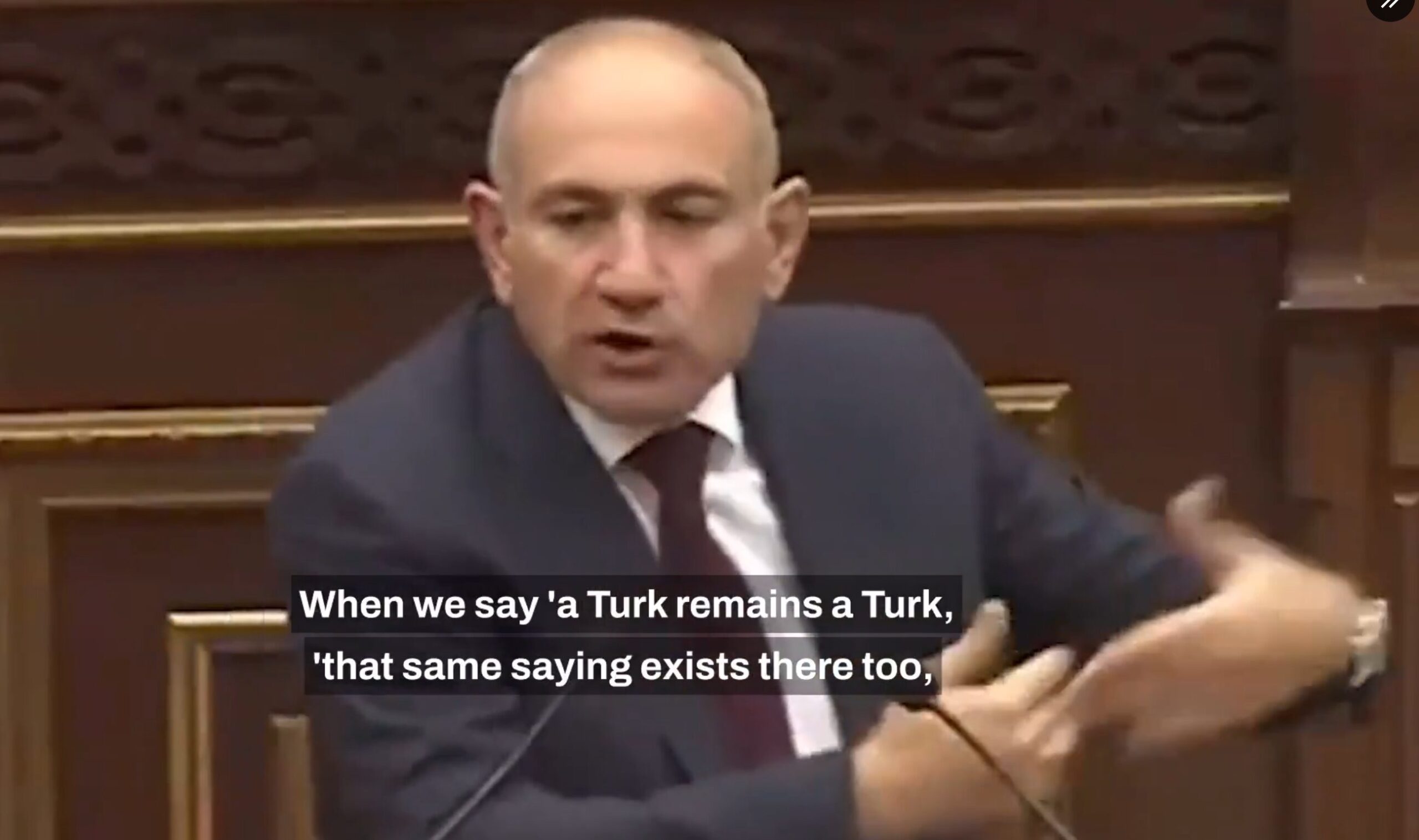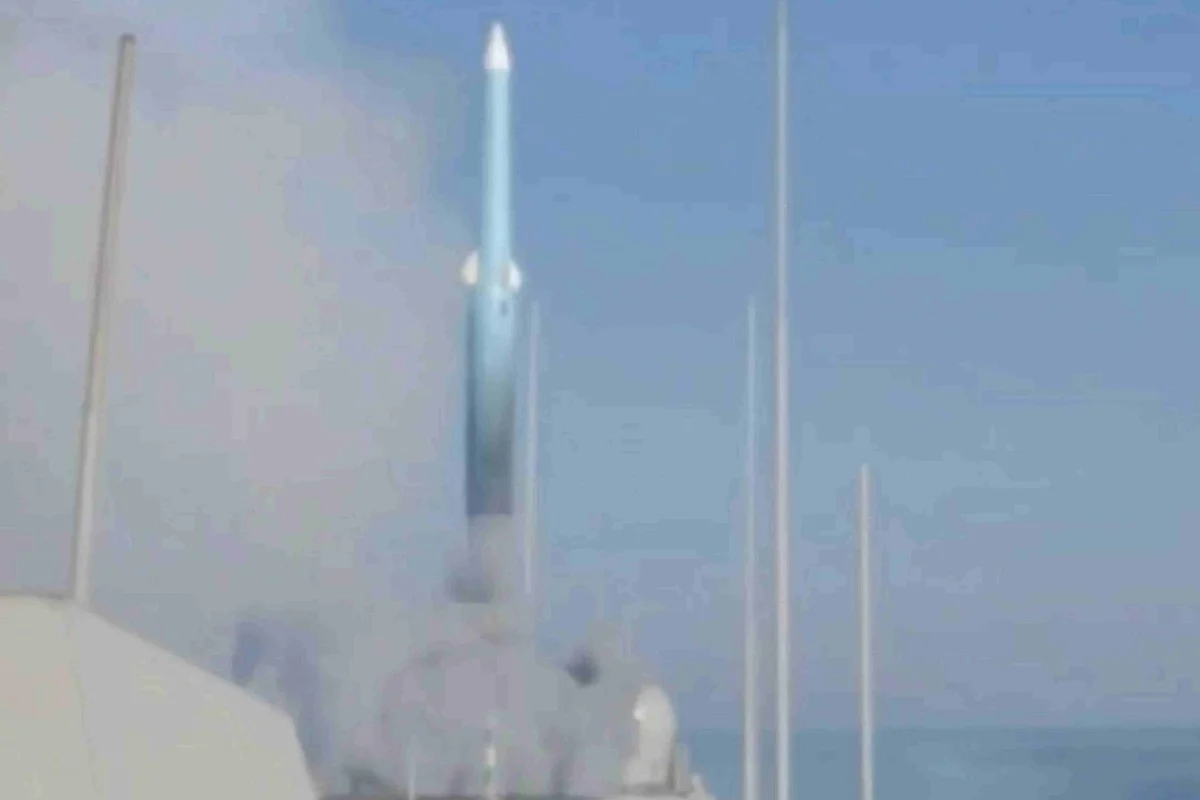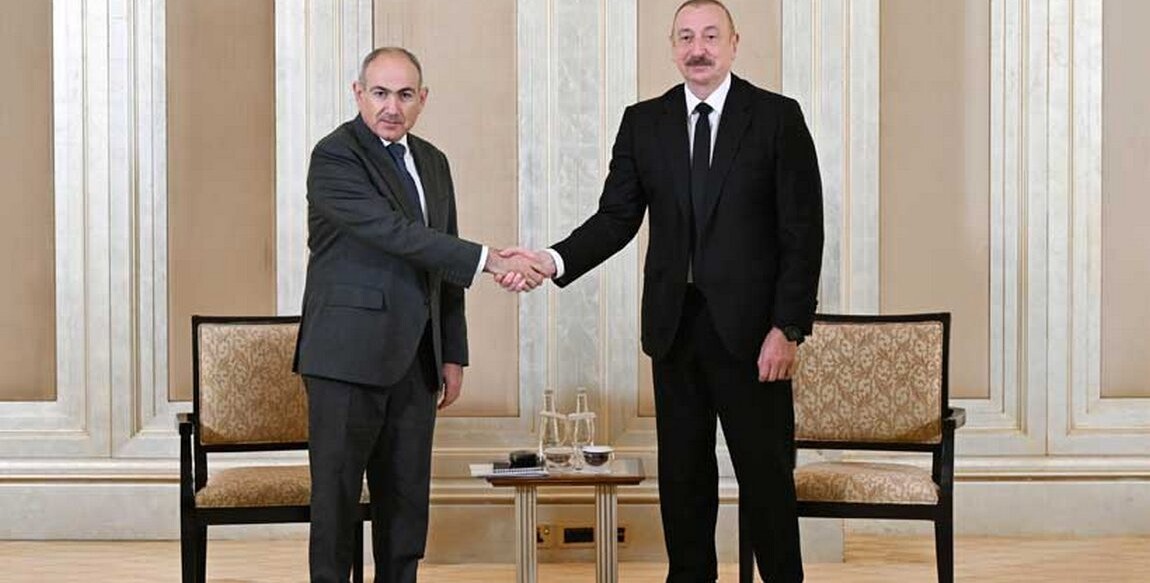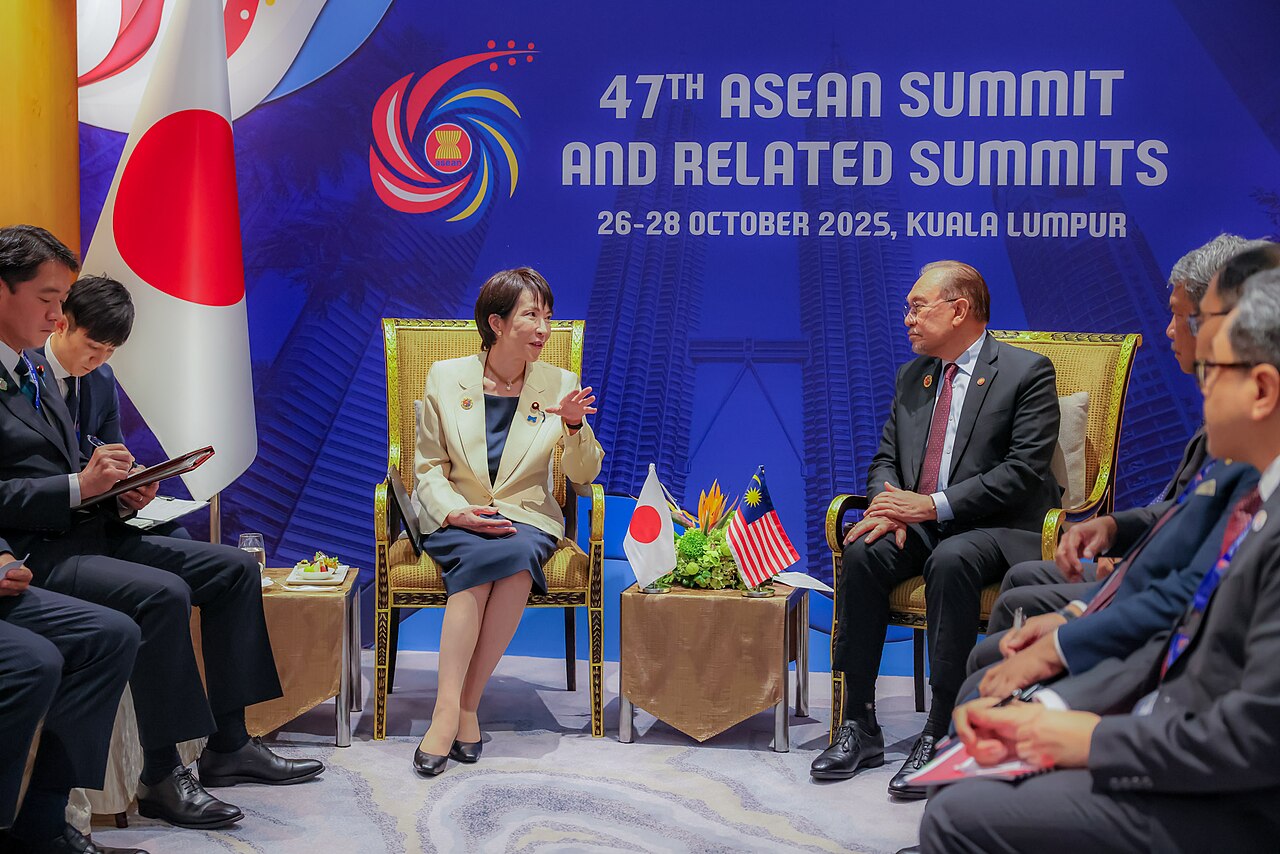This is Part 1 of a 2-part series on the negotiations to end the Nagorno-Karabakh Conflict and normalize relations between Azerbaijan and Armenia
The Prime Minister of Armenia recently made an impassioned plea to his country to reject ‘a Soviet KGB worldview’ which pitted Turks and Armenians against each other in order to keep the Caucasus nations divided.
“The stereotypes Armenians have about Azerbaijanis, and those Azerbaijanis have about Armenians, are mirror images of each other,” he pointed out in an a very animated speech widely shared on social media.
When Azerbaijani forces swept into the enclave of Nagorno-Karabakh, known to the neighboring Armenians as Artsakh, in autumn of 2023, the decisive offensive resulted in a complete ethnic-cleansing of 100,000 Armenians. Accusations of genocide from a nation that infamously endured one were hurled across the border at the Azerbaijanis, who in their actions failed to maintain their commitments a 2020 ceasefire that was supposed to be enforced by Russia.
But their larger neighbor north of the Caucasus was busy with her war in Ukraine, and the Russian peacekeepers either fled or did not intervene as the Azerbaijanis advanced, losing just a few dozen men to end one of the longest-standing and vicious border disputes on Earth.
The Karabakh-Artsakh conflict was fought in three installments and dates back decades. It has nurtured enmity and mistrust to say the least between these two former Soviet subjects, and its end was of a rare sort in the post World War II era—decisive.
It would be political suicide, especially for a non-nationalist Armenian politician, to meet what was almost certainly ethnic cleansing as defined by international humanitarian law with anything other than rage and defiance.
And yet Nikol Pashinyan, the former journalist turned popular political candidate once seen as an agent of anticorruption, has taken an almost unheard of approach: he’s seemingly turned the other cheek. He has taken a stance that his opponents call weak and an attempt at historical revisionism. His argument is that Armenia’s survival as a modern state is through peaceful coexistence with Azerbaijan and its backer Turkiye, which happens to border Armenia to the southwest.
Further, he argued in a speech before a silent parliament on October 31st that coexistence only seems foolish because of narratives and worldviews concocted by the KGB to keep the two nations at each other’s throats.
“We say ‘a Turk remains a Turk,’ and they have the same saying there too that Armenians remain Armenian,” said Pashinyan. “We must change the content of our own identity, because the content of this identity was formed in the corridors of the KGB”.
Ever since Pashinyan accepted the fate imposed by the Azeris in 2023, his popularity capitulated, his detractors in the media numbered in the thousands, protests routinely affront the executive residence in Yerevan, and his popularity has fallen to 13%, a George Soros-backed poll showed. Nevertheless, and perhaps because that 13% still makes him the most-trusted politician in the country, he’s managed to stay alive and in power long enough to engage in serious normalization talks with the Azeris, which culminated in a three-way agreement between Armenia, Azerbaijan, and the United States.
“This is not just about peace with Azerbaijan; it’s about redefining Armenian statehood in a post-Soviet context,” Richard Giragosian, director of the Yerevan-based Regional Studies Center, told BNE Intellinews.
“We have to get out of the images of the world created for us by the KGB agents.”
Armenian PM Nikol Pashinyan called for breaking free from KGB-era mindsets and fostering good relations with neighbours pic.twitter.com/pMpjmyOLeu
— TRT World (@trtworld) November 3, 2025
A Turk is always a Turk
From the most Machiavellian perspective, one sympathizes with Pashinyan. His nation of a few million people is neither in NATO nor the EU. It’s sandwiched between geopolitical entities with which it maintains historic animosity, but whose favor larger powers like the US or China must court in order to advance their interests. Geopolitical observers should note that the famous BTC (Baku, Tbilisi, Ceyhan) oil pipeline that brings the crude black bounty of the Caspian basin to global markets, and which is owned principally by European NATO countries, isn’t called the BYTC (Y for Yerevan, Armenia’s capital).
It isn’t called that because while Europe’s goal was to secure a significant oil source beyond Russia, it was Azerbaijan’s goal to secure influence with the Americans and Europeans that would effectively act as a pass to cleanse Karabakh-Artsakh of Armenians, with the Azeri dictator Ilham Aliyev saying as much.
“If we succeed with this project, the Armenians will end in complete isolation, which would create an additional problem for their future, their already bleak future,” he was quoted as saying by US Congressman Brad Sherman in 2006 when the pipeline was in the planning stages. Sherman had voted to block US funding to the pipeline specifically because it bypassed Armenia and put political power balances at risk, but the lack of funds was made up by the Europeans and this dramatic shift in Caucasian influence invariably came to pass.
The Azeri army receives substantial military support from Turkiye, another link in the BTC chain, while the Armenian army receives little from anyone. Therefore, when any organized resistance, and all the Armenians besides, were swept out of Nagorno-Karabakh, Pashinyan was left with what any military planner would admit to be an impossible task: leading a smaller, less well-armed force in an offensive to retake a mountainous area from an entrenched defender.
An attempt to leverage global political pressure to secure the right of return for Armenians expelled from Nagorno-Karabakh could and perhaps should have been expected, but politically-speaking, the silence following Azerbaijan’s ethnic cleansing was remarkable. Europe was focused on attempting to make Russia pay for attacking Ukraine, and just a month later, Hamas killed some 1,200 Israelis on October 7th.
Former Foreign Minister of Armenia noted this silence in an August 2025 opinion piece citing the challenges in normalizing with Azerbaijan.
“While Azerbaijan claims to welcome back those who wish to return, it has offered few details, and the international community has failed to demand enforceable guarantees for their safety and rights,” he wrote in Modern Diplomacy.
Faced with the inability to reverse the Azeri victory either at the negotiating table or on the battlefield, Pashinyan has started to speak of the need to secure peace through a changing of mentality, and “learning from history”.
Anyone—and certainly any Armenian—could naturally be expected to feel a sense of righteous indignation—that the conqueror is being rewarded and the victim punished. It’s virtually unheard of in the modern world for a politician to match fire with water—defeat with peace and trust. Is it reasonable to describe Pashinyan as a figure like Gandhi or Martin Luther King Jr?
If that seems cliche, naive, or hyperbolic, it’s only because there aren’t many other figures in modern political history that ever responded to defeat and expropriation with an offer for reconciliation. WaL
We Humbly Ask For Your Support—Follow the link here to see all the ways, monetary and non-monetary.
PICTURED ABOVE: Screenshot of Prime Minister Nikol Pashinyan. PC: Screengrab, via X.
Editor’s note: a previous version of this story referred to Nikol Pashinyan as the President of Armenia. It has since been corrected.



